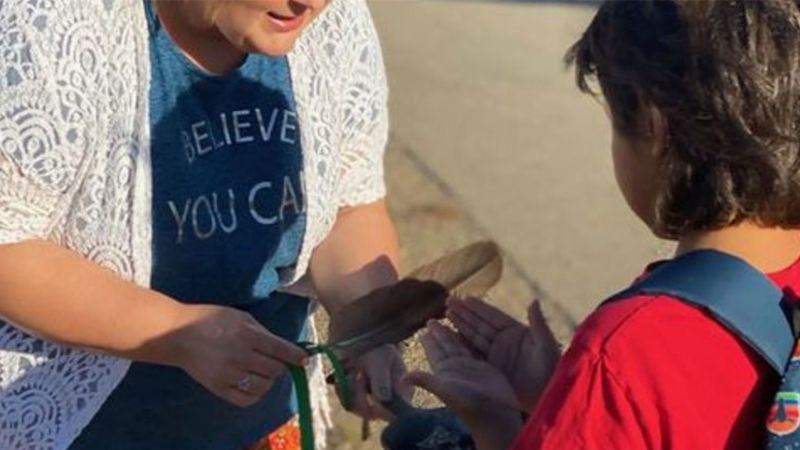
SRPSD reflects on work being done to meet TRC Calls to Action
Seven years ago, the Saskatchewan Rivers Public School Division (SRPSD) began to coordinate and track its responses to the 94 Calls to Action relevant to schools and education from the Truth and Reconciliation Committee.
SRPSD Superintendent of Schools Jennifer Hingley recently presented a report to the school board in which she highlighted what’s been done. While she said the work is by no means complete, what they have done so far is leading to systemic change.
“One of the things that I feel has had one of the greatest impacts in our work would be the establishment of an Elders council,” she said. “Having those Elders available to support the learning of both students, staff and board members has been transformational.”
Hingley said the Elders council meets with the board a minimum of four times per year to help set the strategic plan and ensure that when initiatives are created, it reflects an Indigenous philosophy.




